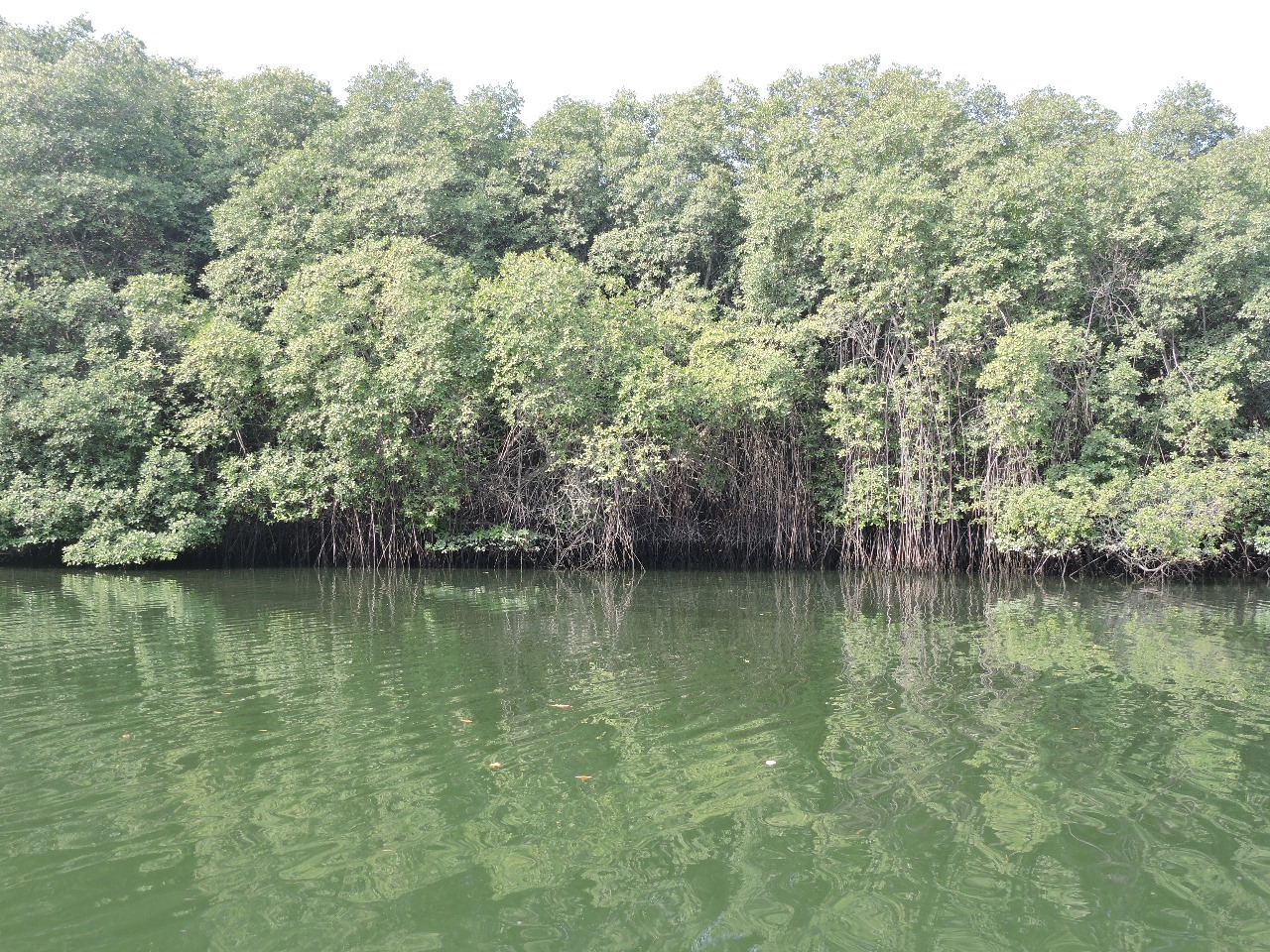Program LACA 2024
At the upcoming LACA 2024 Congress, we are excited to bring together conservation practitioners, researchers, and advocates from across Latin America and the Caribbean. The program is available here and outlines a series of presentations, symposia, interactive sessions, workshops, courses, and networking opportunities, all designed to further our shared goals in conservation biology. In the tabs below you will find the different proposals and sections.
Presentations & Posters LACA 2024
The agenda for presentations and posters is now available at the following link, where you will find a complete archive of all presentations, talks, and posters from the SCB LACA 2024 conference.
Please note that the schedule is updated periodically.
Each entry includes the scheduled date and time, allowing you to revisit the diverse and inspiring contributions from this year's event. Only the name and topic of the presentation have been placed in this document, all co-presenters and members will be placed in the official program and memoirs. We hope this serves as a valuable resource to deepen your understanding and expand the impact of our shared conservation efforts. If you notice your presentation is missing, please feel free to reach out to us at scblacacongress@gmail.com for assistance. Thank you for being part of this vibrant community!
 The "Highest Mangroves in the World", Reserva Ecológica Manglares Cayapas-Mataje (REMACAM), Esmeraladas-Ecuador
The "Highest Mangroves in the World", Reserva Ecológica Manglares Cayapas-Mataje (REMACAM), Esmeraladas-Ecuador
©Ruben Vinueza Chérrez
